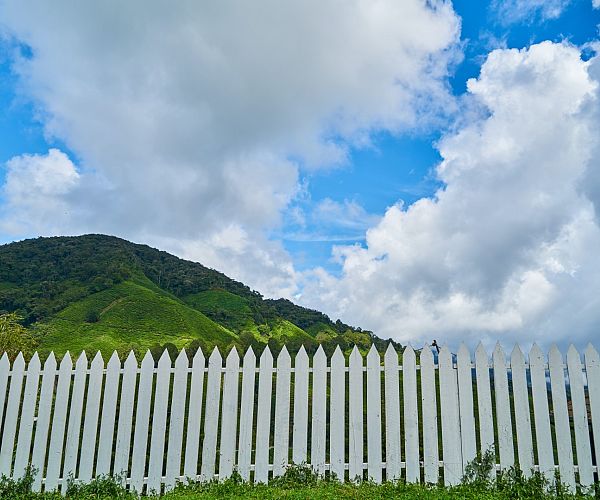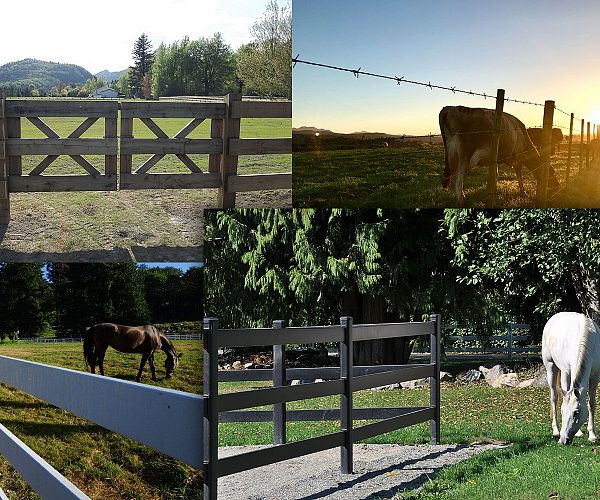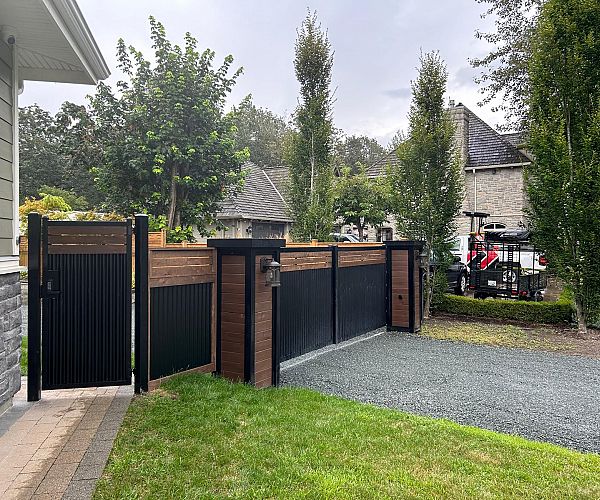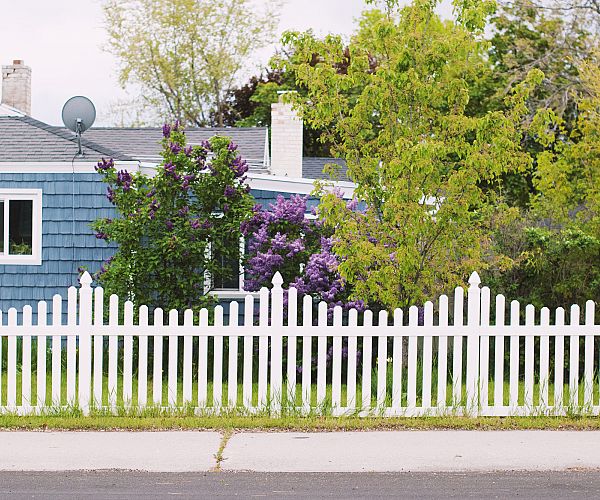Spring maintenance tips for your fence
With spring approaching, it’s time to make sure that your fence is in tip-top shape. Giving your fence a quick inspection will allow it to...

Fencing is an investment in your property. It offers security, aesthetic appeal, and a visual barrier for property lines. To save money, many homeowners attempt to install their fence themselves. Depending on your patience and DIY skill, this could mean disaster, leading to a higher material cost and the hiring of a professional to repair foolish mistakes.
Be aware of these top fencing installation mistakes:
People commonly do not set the posts deep enough. This will cause the fence to lose its integrity over a much shorter amount of time. The depth of fence above ground should be equal to or greater than the amount of fence in the ground. Typically 2 to 4 feet is how deep you should go depending on height and material type.
This will cause the boards to warp because when the wood becomes moist it will expand. Make sure to leave a half inch or more in between the boards.
Posts should be about every 6 to 8 feet, depending on the type of material used.
If you don’t seal a part of the wood it will surely become contaminated and start to rot.
Most people forget to leave a buffer zone so the fence can be fully accessible from either side. The recommended amount is 1 to 2 feet.
Depending on the materials used, the old fence could be contaminated. It can also cause problems with design and the two sections will age differently.
This can lead to bowed fencing and eventually will need to be replaced. Make sure to plan the depth and spacing long before placing a post in. Give yourself ample time to plan and ask various people for their advice. The more you know the better you can plan.
The elements can play havoc on a fence and without proper maintenance, replacing the fence may be the only option. Rust, mold, mildew and sunlight will wear down any type of fencing over time. Cleaning your fence is the easiest way to maintain a beautiful and strong fence. After cleaning, wood fencing will need to be sanded and re-painted to seal out any harmful substances. Replacing damaged posts and boards is essential in preventing the spread of substance contamination.
Old barbed wire and wire strand fencing that was intended for cattle is NOT appropriate for other animals such as horses. Make sure to have the right type of fence to keep your family and livestock safe.
Metal t-posts are inexpensive and durable but without a cap they can become a threat. The sharp metal edges can easily cut through skin and protective gear. T-post caps are inexpensive and go a long way for safety.
With proper planning and education, fencing can be easily completed properly. Ask your fencing installation specialist for the full specifications on the different types of materials that will suit your needs. Need help installing your new fence? Contact us today.

With spring approaching, it’s time to make sure that your fence is in tip-top shape. Giving your fence a quick inspection will allow it to...

Ensuring you have a properly fenced yard is paramount, particularly when you have animals and agriculture to protect. The last thing you want is...

If you want to improve the security, convenience, and look of your property, custom automated gates are an excellent choice. Whether for a home,...

Spring is the ideal time to take care of your fence with some TLC. Maintaining your fence helps it last longer, protects it from natural damage,...
Download our comprehensive eBook to find exactly what you're looking for.
Affiliations


-(1).png)
Accepted Payments
